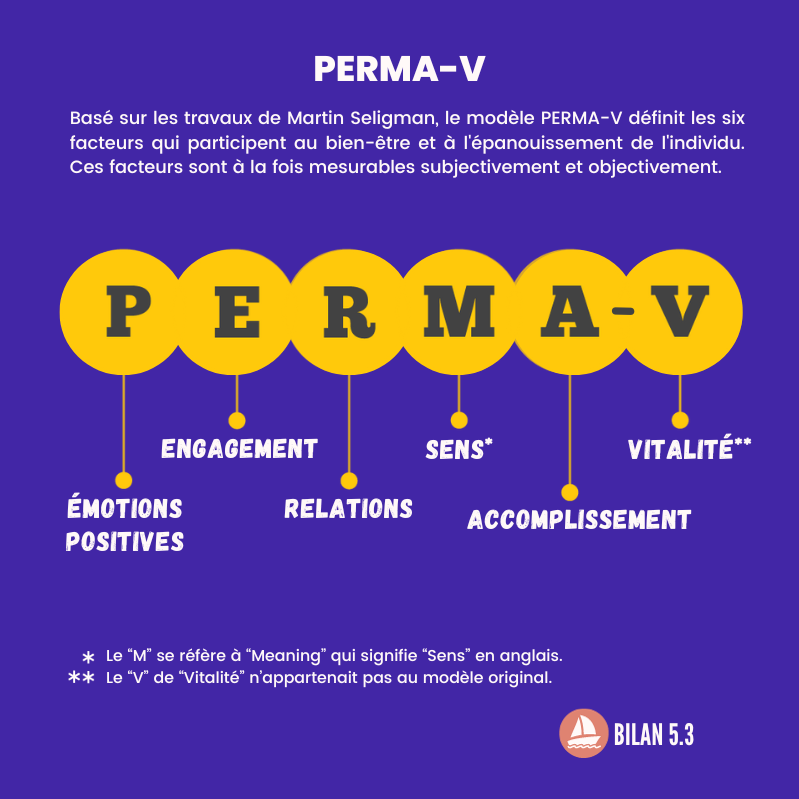
Almost a year after the first confinement introduced to fight the Covid-19 epidemic, Public Health France is publishing, this Thursday, May 20, 2021, a study on the impact of the first confinement on the mental health of children and adolescents .
Almost a third of children and adolescents had more difficulty falling asleep
Published in the Weekly Epidemiological Bulletin (BEH), the Public Health France study was carried out between June 9 and September 14, 2020 with 3,900 children and adolescents aged 9 to 18, including 81 treated by the child protection. The young people and their parents were subjected to separate questionnaires about their experiences during the first confinement.
According to the report, it is 13-18 year olds who “?seemed to have a more impacted mental health compared to the youngest?“. Young people in this age group have in fact encountered difficulty falling asleep: 12.5% of teens had more nightmares, 18.3% had more nocturnal awakenings and 27% said they were more tired. in the morning, while 25.1% reported overeating more often. As for children aged 9 to 12, 9.5% had more nightmares, 11.4% had more nocturnal awakenings, 10.5% said they were more tired in the morning and 12.5% said they overeat more often.
In addition, the survey reveals more severe psychological symptoms with an increase in sadness in 7% of teenagers and 2.2% of children, an increase in nervousness in 13.1% of teenagers and in 5, 2% of the youngest and a state of significant fear in 5.2% of 13-18 year olds and 4.6% of children aged 9 to 12.
Girls more affected than boys
According to the study by Public Health France, “? girls seemed to have a more impacted mental health than boys? ”. And for good reason, they were nearly three times more concerned by the increase in nightmares (14.7% had more nightmares and 19.4% of waking up at night, against 5.6% and 11.2% of boys, respectively. ) and twice as much by overeating (26.4% of them often indicating overeating, for only 13.5% of boys). Overall, 32.7% of them had more difficulty falling asleep than usual, compared to 21.9% of boys.
To explain this difference, the researchers put forward two hypotheses. On the one hand because the perceived stress is more important in the girls who are more inclined to the expression of the emotions and on the other hand, this can be explained ” by the gendered distribution of tasks, particularly educational and domestic, within the family, including during periods of confinement “.
A lack of activities linked to the distress of young people and low resilience
According to experts, the children and adolescents most affected by these symptoms of psychological distress were generally those ” exposed to more difficult living conditions “. The young people most affected by this distress were more confined in urban areas, in housing without a garden or balcony, in over-occupied housing, where they could not isolate themselves, or without an internet connection.
The authors of the study explain: “ A lack of activities, an increase in time spent on social networks and screens, a feeling of being overwhelmed with regard to school work, the Covid-19 infection of a loved one and hospitalization following the Covid -19 were also linked to distress “. Conversely, the report found that social support and exercising activities during confinement were associated with a higher resilience score.
















